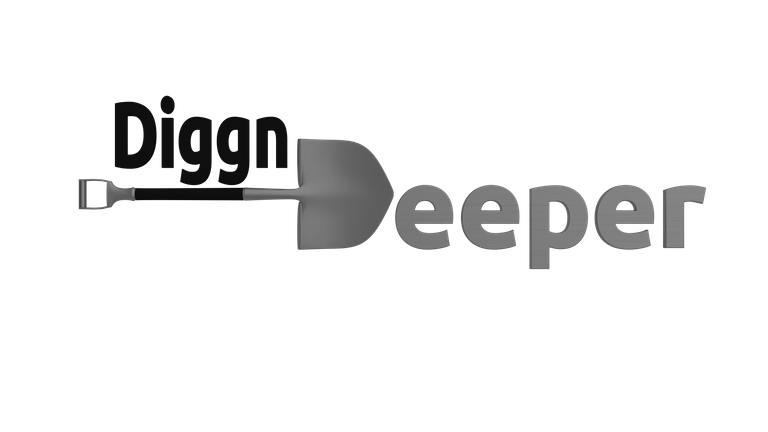Hint: It is one that allows for becoming better people, not for producing more compliant workers.
Learning how to learn should be the most fundamental and universal study throughout humanity. Sadly, that is not the reality of history or the current schooling system. We can explore the reasons this might be, but today I want to focus on the HOW and WHAT of a good primary education.
For the purposes of this article, I will define a primary education as a basic, well-rounded study which most young people would benefit from as a start to pursuing their own passions and professions. For my purposes, I include elementary age through college, but focus on non-specialized study.
Before I get into what I would like to see, lets take a look at where we are today.
We find ourselves in a time when many of the jobs that college students are studying for have fundamentally changed or may even be eliminated by the time the students hit the work force. The debt burden these students carry can weigh on them for decades while they often end up in occupations unrelated to their studies.
It is time to stop pushing kids through the same outdated and wrong minded Prussian system our parents and grandparents endured that was created to make better workers, not necessarily better people.
Here is what I'm thinking...
First of all, the need to deal with the logistics of a brick and mortar system like we have now is quickly going the way of the Dodo, in my opinion. I'm not sure how the need to have a babysitter will be met, but the market is otherwise eliminating the way things are done now.
Method
The Trivium Method: From triviumeducation.com: "[1] General Grammar: Answers the question of the Who, What, Where, and the When of a subject. [2] Formal Logic: Answers the Why of a subject. [3] Classical Rhetoric: Provides the How of a subject.
Discovering and ordering facts of reality comprises basic, systematic knowledge. Developing the faculty of reason in establishing valid [i.e., non-contradictory] relationships among facts is systematic understanding. Applying knowledge and understanding expressively comprises wisdom or, in other words, it is systematically usable knowledge and understanding."
Developing the skills within the trivium method can arm students with the ability to recognize logical fallacies, creating a more resilient and competent mind. This is important in any age, but in the current information boon, we need these skills more than ever.
Subjects
Basic reading, writing and arithmetic can be accomplished by most students at a very early age and with a rather minimum time requirement daily. Within those lessons, even at a very early age, real tangible skills can be taught.
How it is that the following subjects are not at the core of every child's study is beyond me.
- First responder training: This seems to be the most fitting and obvious course of study for young people. It is a physically active one that encompasses communication, cooperation, and a broad array of useful topics with the added bonus of knowing how to help people in need.
- Food handling and processing: I don't suppose this would be a core that would need to span the student's learning career, but it is a fundamental subject that seems to be completely lacking in today's curriculum. There is a lot to be gained from looking at the effects of factory farming compared to the sustainable agriculture. I don't think that many people have any idea how food gets to their plate and that is a real disservice.
- Contract creation and arbitration: This is a topic that has always been relevant, but the changing landscape of technology, especially blockchain technology makes this even more important.
- Philosophy: #StateSpeechIsHateSpeech
- Economics: I'll say it again, #StateSpeechIsHateSpeech But seriously, if we could talk about things like crony corporatism is not the same as capitalism, what fiat is, how the blockchain could end the need for taxation and other critical societal topics.
Good times are here
I think we are in the most transformative time yet in human history. Many of us have on demand access to the entirety of human knowledge in our pocket. We can learn pretty much anything we want from leaders in any subject or discipline of art, science or industry right online. If that isn't sufficient, there is likely a great course available somewhere. We are turning into a sharing economy which means it actually pays for leaders to show us how its done.

For more about education evolution, check out the School Sucks Project
Scott Gregory | Open Education * Pretty much just a landing page right now.
 1MFNBiBaDXbvz9xnTH7Q1UMCc5cPtXHeyu
1MFNBiBaDXbvz9xnTH7Q1UMCc5cPtXHeyu